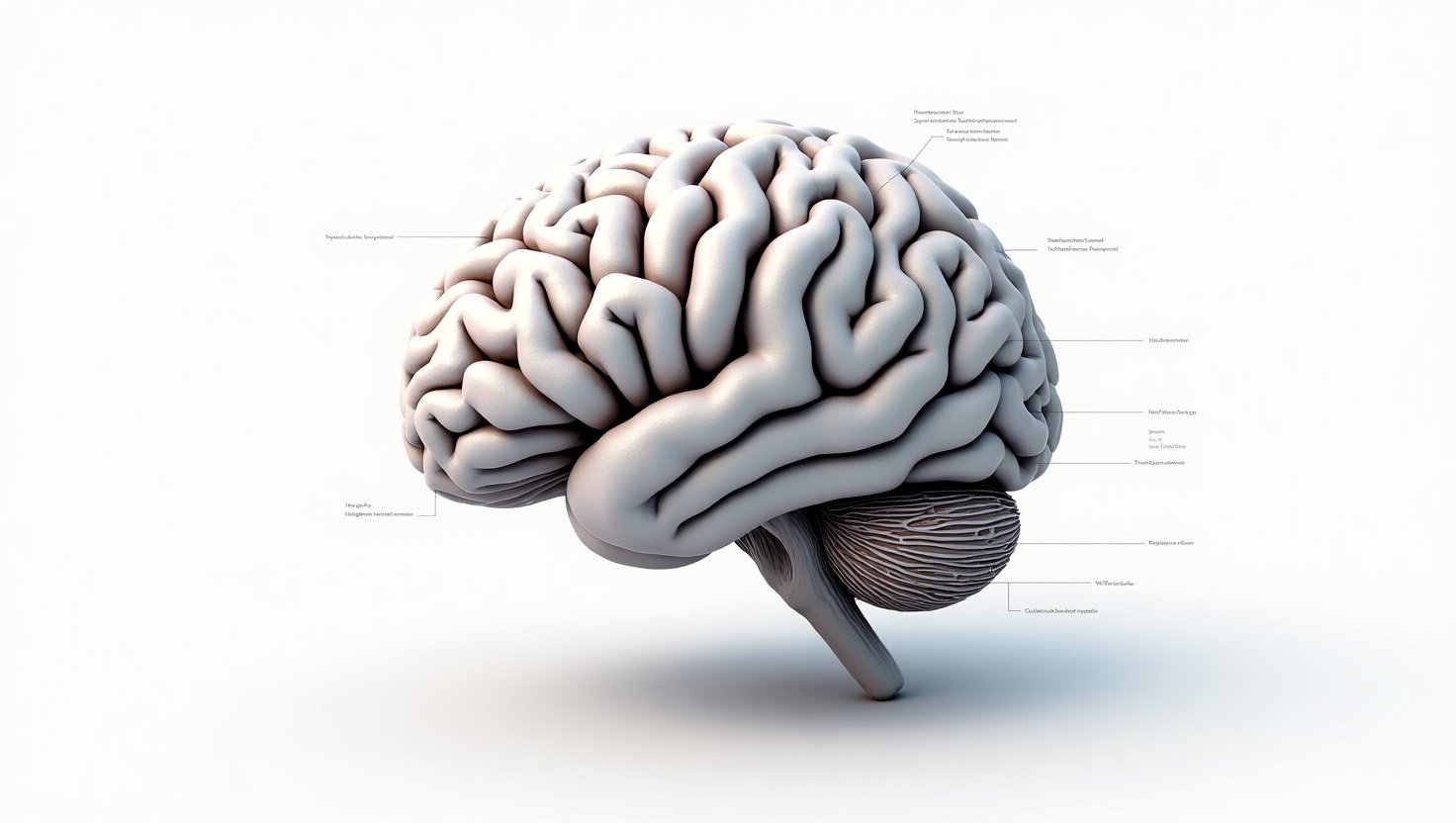Lifelong learning isn’t just a habit—it’s a process deeply rooted in neuroscience. Our brains are designed to adapt, change, and absorb new information, no matter our age. This ability, known as neuroplasticity, allows neurons to form new connections, strengthening our cognitive abilities over time.
How the Brain Learns.
When we learn something new, our brain strengthens existing neural pathways and creates new ones. This process is driven by synaptic plasticity—the ability of synapses (connections between neurons) to change their strength. The more we practice a skill or revisit information, the stronger these pathways become, making recall and application easier.
The Role of Dopamine.
Learning is also fueled by dopamine, a neurotransmitter linked to motivation and reward. When we engage in curiosity-driven learning, our brain releases dopamine, making the process enjoyable and reinforcing continued learning. This is why new experiences and intellectual challenges feel rewarding.
Cognitive Benefits of Lifelong Learning.
Engaging in continuous learning offers several brain-boosting benefits:
- Improves Memory & Focus – Learning stimulates the hippocampus, the brain’s memory center, helping to maintain cognitive function.
- Delays Cognitive Decline – Studies suggest lifelong learning can lower the risk of neurodegenerative diseases like Alzheimer’s.
- Enhances Problem-Solving Skills – A well-connected brain allows for faster thinking and better decision-making.
How to Optimize Lifelong Learning
- Stay Curious – Ask questions and explore new topics to keep your brain engaged.
- Mix It Up – Try different learning methods, like reading, hands-on practice, or discussion.
- Challenge Yourself – Learning something outside your comfort zone strengthens brain plasticity.
- Get Enough Rest – Sleep consolidates new information, helping you retain what you learn.
Lifelong learning isn’t just about acquiring knowledge—it’s about keeping your brain agile, adaptable, and healthy. By continually challenging ourselves, we not only expand our understanding of the world but also enhance our brain’s long-term resilience.



